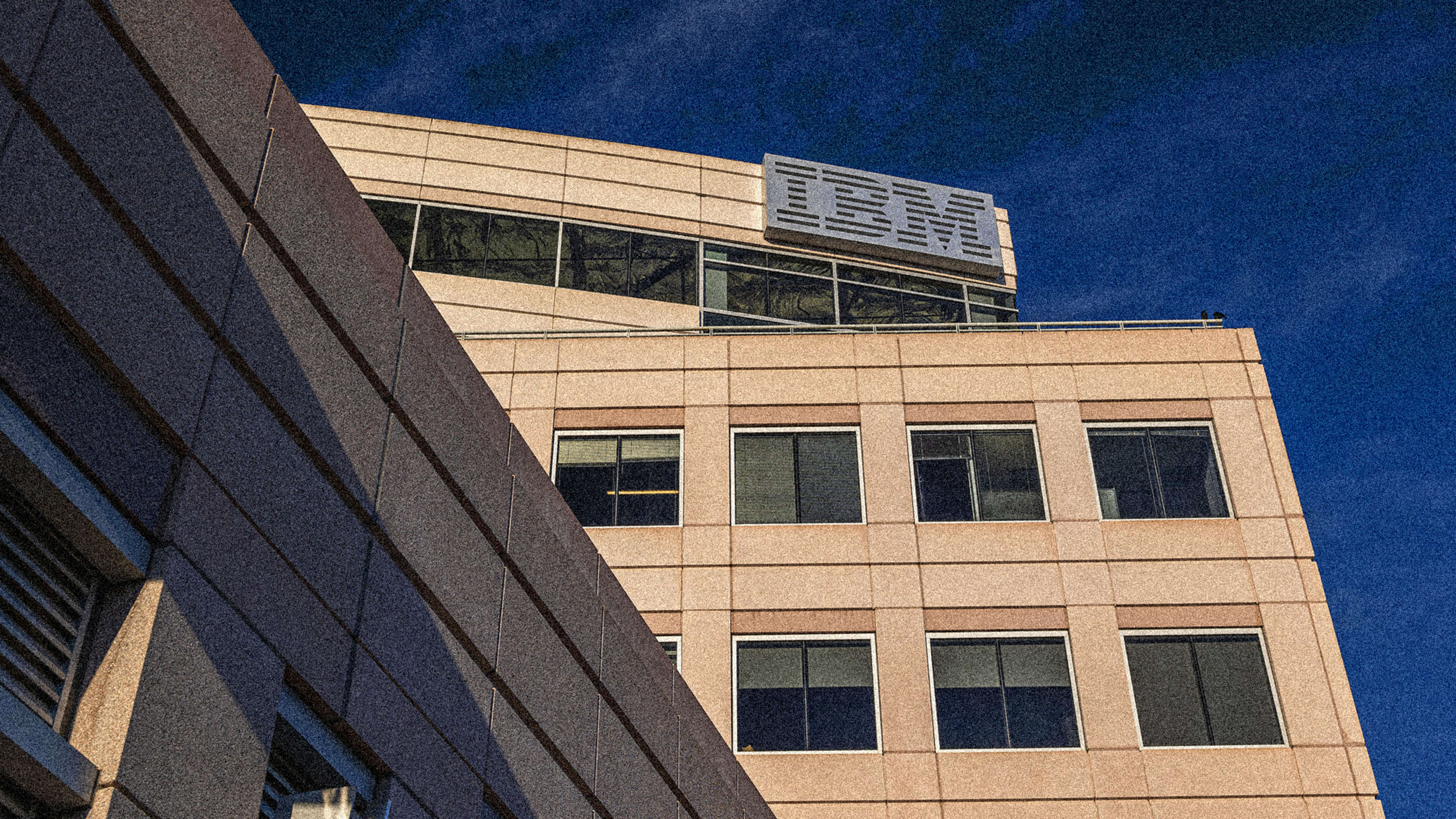Since generative AI burst into the public consciousness last year, people have been worried about how fast the technology would impact the workforce. Increasingly, the answer seems to be: A lot faster than anyone imagined.
IBM is the latest to lean into AI at the expense of human workers, with CEO Arvind Krishna telling Bloomberg this week that the company plans to pause hiring for roles it believes could be done by artificial intelligence.
That could mean as many as 7,800 jobs would be ultimately impacted over the next five years.
Krishna says IBM will suspend or slow hiring in back-office areas, such as human resources. Over the next five years, he said, he imagines up to 30% of the roughly 26,000 total HR positions being automated. For now, no workers are being displaced, but the company does not plan to hire new people as others leave.
The total number of jobs Krishna is talking about make up just 3% of IBM’s total staff. The AI will mostly focus on tasks such as writing employment verification letters and moving employees between departments, he adds. (Other HR functions will still be handled by humans.)
This would be one of the largest (if not the largest) AI-induced shift at a company so far, but it’s far from the first.
Dropbox, just last week, laid off 16% of its staff, some 500 people, with CEO Drew Houston pointing to AI as part of the reason for the company’s strategic shift.
“In an ideal world, we’d simply shift people from one team to another. And we’ve done that wherever possible. However, our next stage of growth requires a different mix of skill sets, particularly in AI and early-stage product development,” Houston wrote in a memo to staff.
The media space, meanwhile, has seen several layoffs at sites that have been experimenting with AI-generated stories. CNET, in March, cut 10% of its staff. And Insider also laid off 10% in April. Both outlets emphatically said the layoffs had nothing to do with the use of chatbots, but that did little to quell raised eyebrows.
The IBM news also follows a warning by Geoffrey Hinton, the so-called godfather of AI, who quit his job at Google to speak out against the risks of the technology, saying he, to some degree, regretted his life’s work on AI.
One of his many fears about the technology is the dramatic effect it could have on the employment market, replacing jobs such as personal assistants and translators.
“It takes away the drudge work,” he told The New York Times. “It might take away more than that.”
Goldman Sachs agrees. A report from the investment bank last month looked at the potential impact of AI on the workforce. It concluded that up to 300 million jobs could be automated in some way, ultimately.
If AI “delivers on its promised capabilities, the labor market could face significant disruption,” Goldman Sachs wrote.
Recognize your brand’s excellence by applying to this year’s Brands That Matter Awards before the early-rate deadline, May 3.
